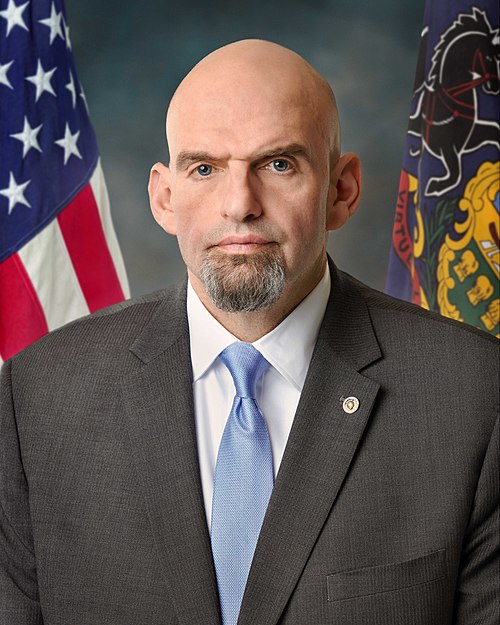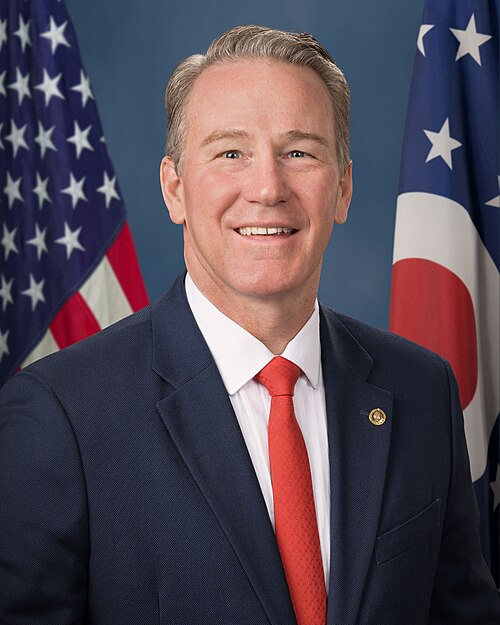S. 1885: Stop the Scroll Act
The "Stop the Scroll Act" is a proposed piece of legislation aimed at addressing the mental health risks associated with the use of social media platforms. Here are the key features of the bill:
Purpose
The Act mandates that the Federal Trade Commission (FTC), along with the Secretary of Health and Human Services (HHS) acting through the Surgeon General, create and implement a mental health warning label for users of certain social media and anonymous content-sharing platforms.
Key Findings
- Social media use is linked to risks like bullying, harassment, and negative mental health impacts.
- Warning labels can raise awareness and potentially change user behavior.
- Prolonged, unmoderated use of these platforms can lead to harmful health effects.
- The government has an interest in ensuring users understand the risks associated with social media use.
- Recent guidance from the Surgeon General emphasized the need for such labels due to the mental health related harms of social media.
Definitions
Within the Act, terms are defined as follows:
- Covered platform: This includes social media platforms and anonymous content-sharing platforms.
- Covered platform provider: The company or entity that operates these platforms.
- User: Any individual who registers, creates a profile, or accesses the covered platform.
Warning Label Requirements
Covered platform providers are required to:
- Display a mental health warning label every time a user accesses the platform from within the United States.
- Ensure that this label remains visible until the user exits the platform or acknowledges the risk and chooses to proceed to use the platform.
- If users choose to continue to use the platform after acknowledging the potential harms, the label must be shown again after one hour of continuous use.
- The content of the warning label must include:
- A warning about potential negative effects on mental health.
- Access to resources like the 988 Suicide and Crisis Lifeline for users in need of help.
Restrictions on Warning Labels
The Act specifies certain restrictions on how the warning labels must be implemented:
- Labels cannot be displayed in a way that obscures visibility, such as in hyperlinks or buried within terms and conditions.
- Users should not be able to disable the warning labels, except as specified.
Regulation and Implementation
The FTC, in coordination with the HHS, must create detailed regulations on the warning label requirements within 180 days of the Act's enactment. The regulations will be reviewed and updated every five years to keep up with technology and science.
Enforcement Provisions
The Act empowers the FTC to enforce these regulations similarly to their existing powers regarding unfair or deceptive practices. State Attorneys General may also bring civil actions in response to violations, with potential penalties for non-compliance. The collaborative role of the FTC and state authorities aims to enhance accountability among covered platform providers.
Effective Date
The provisions of the Act will come into effect one year after its enactment, giving the FTC and providers time to adhere to the new requirements.
Relevant Companies
- META (Facebook, Instagram, etc.): As a major social media platform operator, META would be required to implement the mental health warning labels across its platforms.
- SNAP (Snapchat): This platform will also be subject to the new regulations regarding warning labels related to mental health.
- TWTR (Twitter): As a social media entity, Twitter will need to ensure compliance with the bill’s requirements for user awareness of potential mental health impacts.
- TIKTOK (ByteDance): This popular platform would be subject to the new regulations for mental health awareness among its users.
This is an AI-generated summary of the bill text. There may be mistakes.
Sponsors
4 bill sponsors
Actions
2 actions
| Date | Action |
|---|---|
| May. 22, 2025 | Introduced in Senate |
| May. 22, 2025 | Read twice and referred to the Committee on Commerce, Science, and Transportation. |
Corporate Lobbying
0 companies lobbying
None found.
* Note that there can be significant delays in lobbying disclosures, and our data may be incomplete.
Potentially Relevant Congressional Stock Trades
| Politician | Stock | Transaction | Filed | Traded | |
|---|---|---|---|---|---|

Val T. Hoyle
D / House
|

SNAP
SNAP INC. CLASS A COMMON STOCK
|
Purchase
$1,001 - $15,000
|
Sep 12, 2025 | Feb 04, 2025 | -71.65% |



